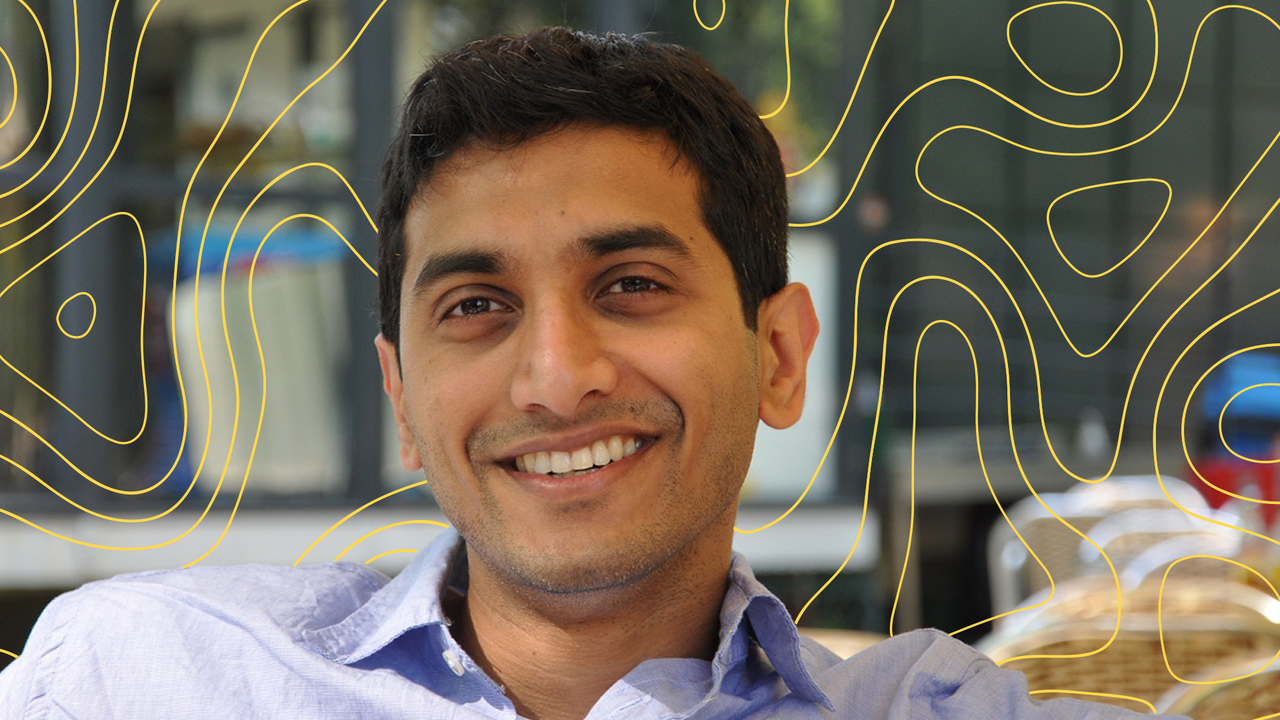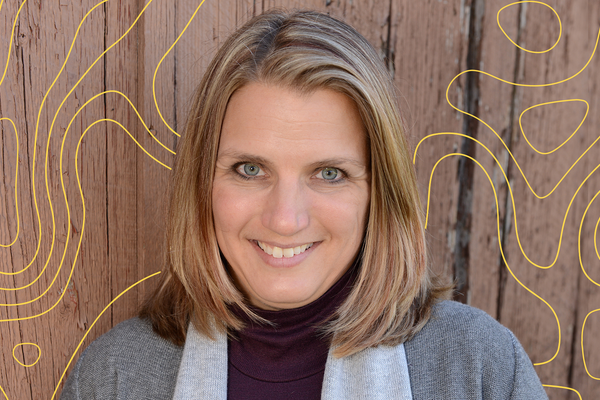
Alumni Know: Is news entertainment?
Arjun Moorthy (BASc '99) speaks on sensationalism, bias and being a good news consumer

Arjun Moorthy (BASc '99) speaks on sensationalism, bias and being a good news consumer
By Megan Vander Woude Office of AdvancementWhen you scroll through news and social media feeds, you probably see content specifically curated to your interests and biases. Is this really a news feed? Or is it personalized entertainment?
Today we're posing these questions and more to Arjun Moorthy (BASc '99). Arjun is the co-founder and CEO of The Factual, an AI-powered news platform that provides readers with credible perspectives on the day's trending stories. Arjun shares how the platform works, the role of sensationalism and his thoughts on paywalls.
A few things have changed in the news over the past 100 years. As advertising revenue grew, newspapers made more room for ads, expanding the number of pages and stories they produced. They ran more "soft" stories, like celebrity news and gossip. (1:00) When social media came along, engagement rates became an important factor in advertising success. The stories that get the most engagement aren't the "hard" news stories, and those tend to be the ones that bubble up in our feeds. (1:45)
When Arjun's team at the Factual asked people what they needed to get an unbiased view of news stories, they heard the same four things again and again. People wanted well researched stories, with lots of citations. They wanted less opinionated pieces. They wanted to read stories by topical experts. And they wanted to read from reputable sites. (4:24) The Factual team created software that rates news articles on those four dimensions. (5:23) The platform is complementary to human intelligence, providing readers with multiple, highly rated stories on the same topic. Then, it's up to people to digest the articles and form their own thoughts. (6:53)
Arjun hopes that news organizations are beginning to adopt an approach that prioritizes the news experience, not the just content. He sees The Factual as part of that experience —a platform where people can find news from multiple sources and a community, without the signals of popularity we see on social media. (13:33) While some news organizations use paywalls, and more may follow in that direction, Arjun hopes The Factual can eventually license gated articles, making them fully available to users. (14:47)
Arjun points to an example from recent history when information wasn't sufficiently questioned, causing the public to accept false evidence as fact. He believes that with so many news outlets and articles being published today, we have the benefit of more journalists who will question the information given to them — and that's what we need. (16:21) For Arjun, it's all about the ability to make informed decisions: "At the end of the day, a democracy only works if a populous is really well informed, and is willing to think for themselves …."(18:27)

Read more
Feel like you're living in polarized world? "Teamwork doctor" Liane Davey (MASc '95, PhD '99) explains how to disagree in a more productive way.

Read more
Alumni co-founders share why they said no to post-graduation job offers, and the work they do now in their software consultancy

Read more
Author Carolyn Mills (BA '00) shares an inside look at the writing and publishing process
The University of Waterloo acknowledges that much of our work takes place on the traditional territory of the Neutral, Anishinaabeg, and Haudenosaunee peoples. Our main campus is situated on the Haldimand Tract, the land granted to the Six Nations that includes six miles on each side of the Grand River. Our active work toward reconciliation takes place across our campuses through research, learning, teaching, and community building, and is co-ordinated within the Office of Indigenous Relations.